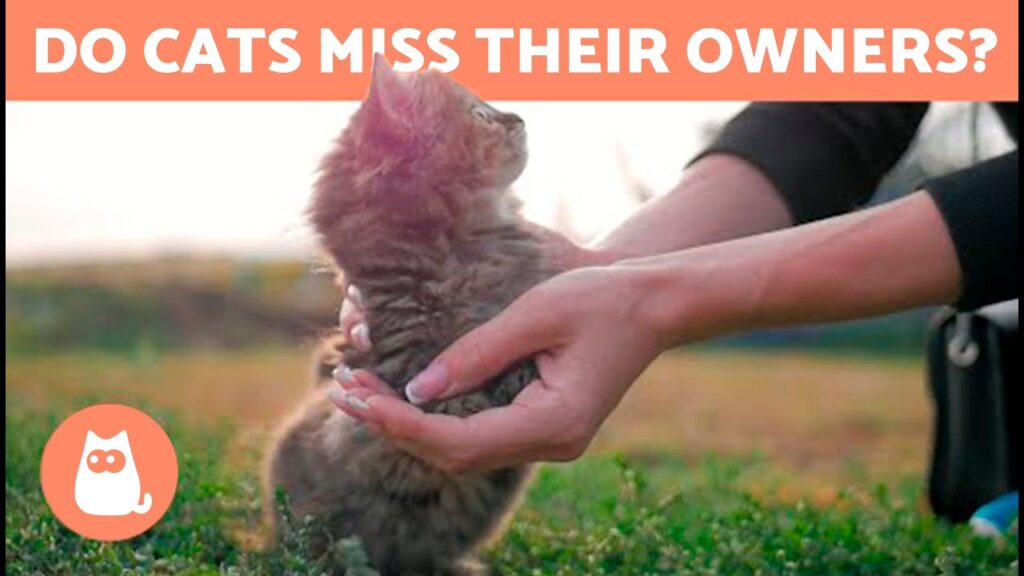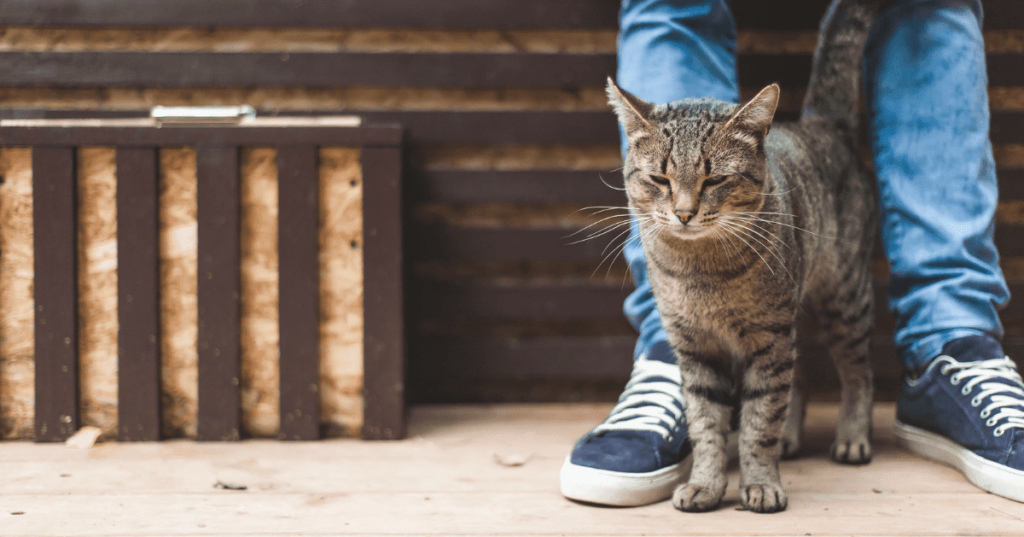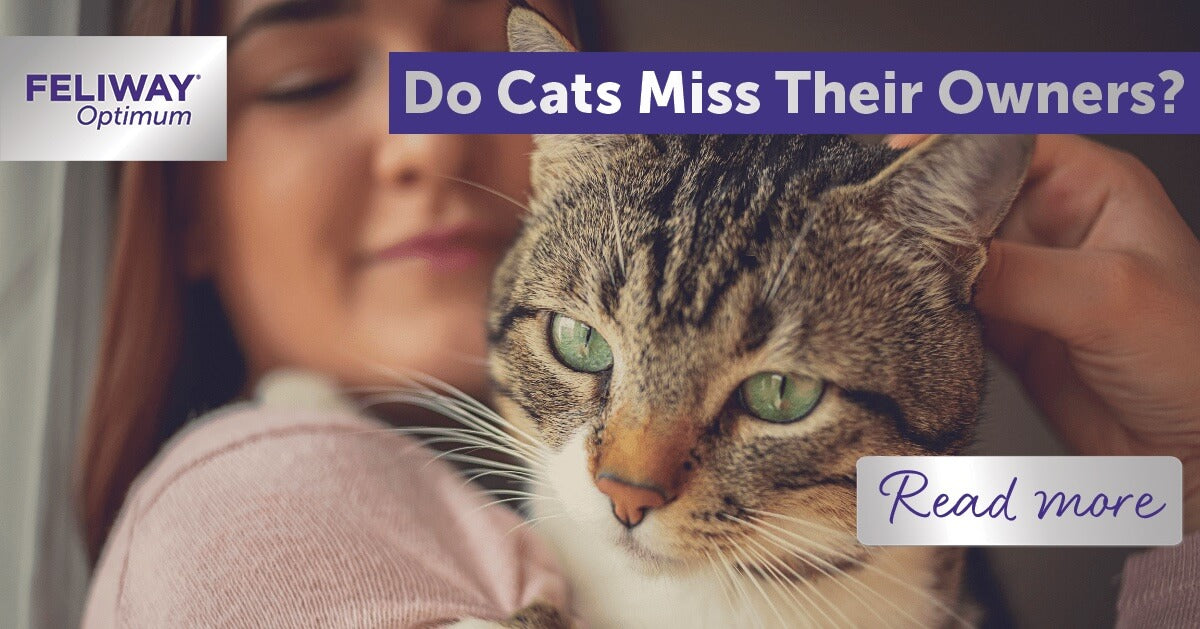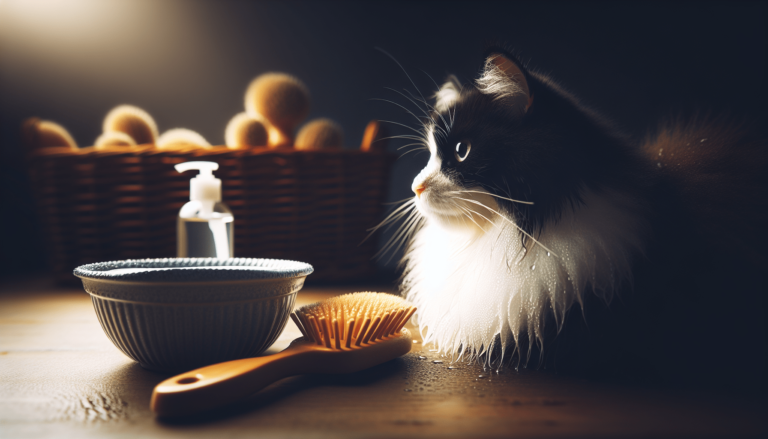Do Cats Miss Their Owners
Have you ever wondered if your feline friend actually misses you when you’re away? It’s a common question among cat owners – do cats truly show affection and attachment towards their humans? While cats may not express their emotions as overtly as dogs, there are subtle signs that suggest they do miss their owners when they’re gone. From waiting by the door for your return to cuddling up with you when you’re back, cats exhibit behaviors that indicate they do indeed have a bond with their beloved humans. Next time you leave for the day, remember that your cat might just be missing you more than you think. Do Cats Miss Their Owners
Cats are known for their independence and aloofness, but many cat owners often wonder if their feline friends actually miss them when they are apart. If you’ve ever left your cat alone for a few days or even just gone to work for the day, you may have noticed certain behaviors that suggest your cat does miss you. In this article, we’ll explore the question, “Do cats miss their owners?” and delve into the fascinating world of feline emotions.
What Do Cats Do When Their Owners Are Away?
When you’re not at home, your cat may exhibit a range of behaviors that suggest they miss you. Some common signs that your cat is missing you include:
- Excessive meowing or yowling
- Clinginess and following you around the house
- Destructive behavior, such as scratching furniture or knocking things over
- Changes in eating or toileting habits
While these behaviors may sometimes be attributed to other factors, such as boredom or stress, they can also indicate that your cat is missing your presence. Cats are creatures of habit and routine, so any disruption to their usual schedule can lead to stress and anxiety.
Tabel: Signs Your Cat Misses You
| Behavior | Description |
|---|---|
| Excessive meowing | Your cat may vocalize more than usual to get your attention |
| Clinginess | Your cat may follow you around the house |
| Destructive behavior | Your cat may act out by scratching furniture or knocking things over |
| Changes in habits | Your cat may stop eating or toileting properly when you’re away |
Do Cats Have Attachment to Their Owners?
While cats may not show their emotions in the same way that dogs do, research suggests that they do form strong attachments to their owners. A study conducted by scientists at Oregon State University found that cats can form secure attachments to their human caregivers, similar to the bonds that dogs form with their owners.
In the study, researchers observed how cats behave when their owners were present, left the room, and returned. They found that cats showed signs of distress when their owners left the room and displayed affectionate behaviors when their owners returned, indicating a strong emotional bond.
Tabel: Signs of Attachment in Cats
| Behavior | Description |
|---|---|
| Distress when left alone | Your cat may appear anxious or stressed when you leave the house |
| Affection upon return | Your cat may greet you warmly and seek attention when you come back home |
| Comfort-seeking behavior | Your cat may snuggle up to you or seek physical contact for reassurance |

How Can You Strengthen the Bond with Your Cat?
If you want to deepen your bond with your cat and ensure they feel secure and loved, there are several ways you can strengthen your relationship:
-
Spend quality time together: Set aside dedicated time each day to play with your cat, cuddle, or simply sit together. This will help strengthen the bond between you and your feline companion.
-
Provide mental stimulation: Cats are intelligent creatures that need mental stimulation to prevent boredom and anxiety. Offer interactive toys, puzzle feeders, and play sessions to keep your cat engaged and happy.
-
Respect your cat’s boundaries: Cats are independent animals that value their personal space. Respect your cat’s boundaries and allow them to approach you on their terms. Avoid forcing physical contact if your cat is not in the mood.
-
Create a safe environment: Make sure your home is a safe and secure space for your cat. Provide hiding spots, vertical spaces to climb, and scratching posts to satisfy your cat’s natural instincts and keep them entertained.
By following these tips, you can strengthen the bond with your cat and ensure they feel loved and secure in your presence.
Tabel: Tips to Strengthen the Bond with Your Cat
| Tip | Description |
|---|---|
| Spend quality time | Set aside time for play and cuddles to strengthen the bond with your cat |
| Provide mental stimulation | Offer interactive toys and play sessions to keep your cat engaged |
| Respect boundaries | Allow your cat to approach you on their terms and respect their personal space |
| Create a safe environment | Make your home cat-friendly with hiding spots, climbing spaces, and scratching posts |
Can Cats Recognize Their Owners’ Smell and Voice?
Cats have a keen sense of smell and hearing, which allows them to recognize their owners even when they’re not in sight. Your cat can identify you by your scent, the sound of your voice, and the way you move. When you return home after being away, your cat may rub against you, meow, or purr to greet you, indicating that they recognize your presence.
In a study published in Animal Cognition, researchers found that cats can distinguish their owners’ voices from the voices of strangers. Cats also showed a stronger response to their owners’ voices, suggesting that they have a unique bond with their human caregivers.
Tabel: How Cats Recognize Their Owners
| Sense | Description |
|---|---|
| Smell | Cats can identify their owners by scent, which helps them recognize you |
| Voice | Cats can distinguish their owners’ voices from those of strangers |
| Movement | Cats pay attention to the way you move and may react to your presence |

Do Cats Grieve the Loss of Their Owners?
Just as humans experience grief and loss when a loved one passes away, cats can also grieve the loss of their owners. When a cat loses their primary caregiver, they may exhibit signs of mourning, such as:
- Increased vocalization
- Changes in eating and sleeping patterns
- Withdrawal and hiding
- Lethargy and depression
If you have multiple cats in your household, the surviving cats may also show signs of grief after the loss of a bonded companion. Cats are social animals that form strong bonds with their housemates, so the absence of a familiar presence can be deeply unsettling for them.
Tabel: Signs of Grief in Cats
| Behavior | Description |
|---|---|
| Increased vocalization | Your cat may meow more frequently or loudly in response to the loss of a loved one |
| Changes in habits | Your cat may stop eating, sleeping, or grooming properly after experiencing loss |
| Withdrawal and hiding | Your cat may hide or retreat to secluded areas to cope with their emotions |
| Lethargy and depression | Your cat may seem sad, listless, or disinterested in activities after a loss |
How Can You Help Your Cat Cope with Loss?
If your cat is grieving the loss of a loved one, there are several ways you can help them cope with their emotions and provide support during this difficult time:
-
Maintain a routine: Cats thrive on routine and predictability, so try to stick to your cat’s usual schedule as much as possible. This will help provide a sense of stability and comfort during a period of change.
-
Provide extra attention: Spend extra time with your grieving cat, offering comfort, cuddles, and reassurance. Physical contact and affection can help soothe your cat’s emotions and alleviate their grief.
-
Create a comforting environment: Make your home a safe and inviting space for your grieving cat by providing cozy bedding, hiding spots, and soothing background noises. Creating a calm environment can help your cat feel more secure and at ease.
-
Seek professional help: If your cat’s grief is prolonged or severe, consider consulting with a veterinarian or animal behaviorist for guidance. They can provide recommendations for coping strategies and support your cat’s emotional well-being.
By offering your cat patience, understanding, and love during their time of grief, you can help them navigate the process of loss and healing with compassion.
Tabel: Ways to Help Your Cat Cope with Loss
| Tip | Description |
|---|---|
| Maintain a routine | Stick to your cat’s usual schedule to provide stability and comfort |
| Provide extra attention | Spend quality time with your grieving cat to offer comfort and reassurance |
| Create a comforting space | Make your home a safe and soothing environment for your cat to relax in |
| Seek professional help | Consult with a veterinarian or behaviorist for guidance on coping with loss |

In Conclusion
While cats may not express their emotions in the same way that dogs do, they are capable of forming deep attachments to their owners and experiencing a range of emotions, including grief and loss. By understanding your cat’s behavior and providing them with love, attention, and support, you can strengthen your bond and ensure that your feline companion feels safe, secure, and cherished in your presence. So, the next time you wonder if your cat misses you, remember that they may be more attached to you than you think.







